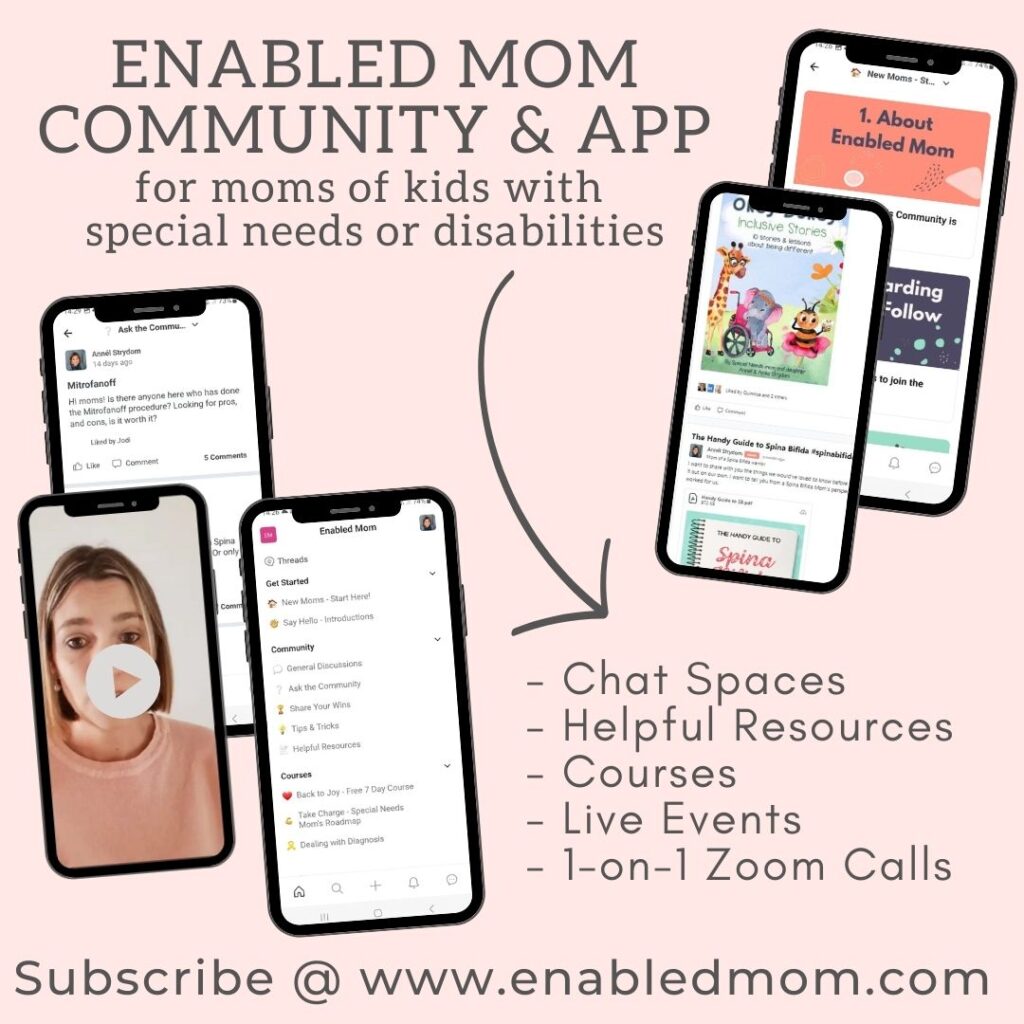As a parent, it can be tough to know how to help your child when they start asking questions about their disability or special need. It’s totally normal for them to wonder why they’re different from their friends, but it’s important to be there for them with honest answers and emotional support. Here are some tips on how to help your child emotionally when they ask why they have a disability.
- Keep it real
It’s essential to be honest with your child about their disability. Make sure you explain things in a way that they can understand, using language appropriate for their age. Let them know that their disability isn’t their fault, and it’s just a part of who they are. Make sure they know that they can ask you any questions they want, and you’ll be there to help.
- Hear them out
When your child starts to learn about their disability, they may feel all sorts of emotions, like sadness, anger, or confusion. Be there to support them and let them know that it’s okay to feel that way. Encourage them to share their feelings and reassure them that you’re always there to listen.
- Show them positive examples
Exposure to positive role models with disabilities can help your child feel more comfortable with their own disability. Look for books, TV shows, and movies that feature characters with disabilities. You can also connect with disability advocacy groups or attend events that celebrate disability diversity.
- Empower them to speak up
As your child grows up, it’s important to encourage them to become self-advocates. Help them understand their disability and how it may impact their life, and encourage them to speak up for themselves and ask for accommodations when needed. This will help your child feel more confident and independent.
- Get professional help
If you or your child are having a hard time dealing with the emotional side of having a disability, don’t hesitate to seek professional help. A therapist or counselor who specializes in working with individuals with disabilities can provide the emotional support and guidance that you and your child need.
Helping your child understand their disability and supporting them emotionally can be tough, but it’s essential to their wellbeing.
It’s important to note that every child and family’s experience with disability is unique, and there is no one-size-fits-all approach to supporting your child emotionally. However, the tips mentioned above can be a great starting point for helping your child feel more comfortable with their disability and building a positive self-image.
Finally, it’s important to remember that supporting your child emotionally is an ongoing process. As your child grows and develops, their needs and emotions may change, and it’s important to be flexible and adapt your approach accordingly.
With love, patience, and support, your child can develop a positive self-image and live a fulfilling life, no matter what challenges they may face.




